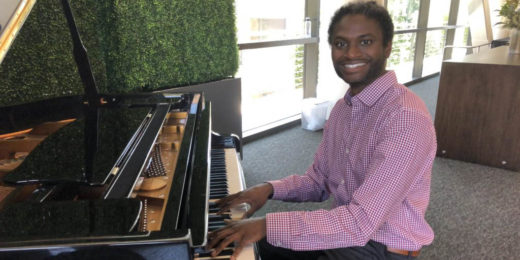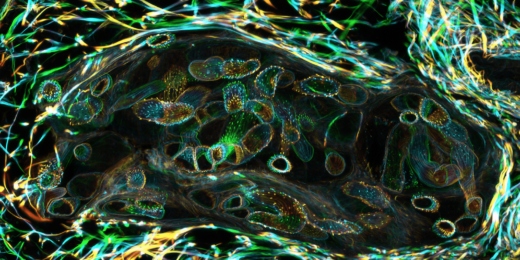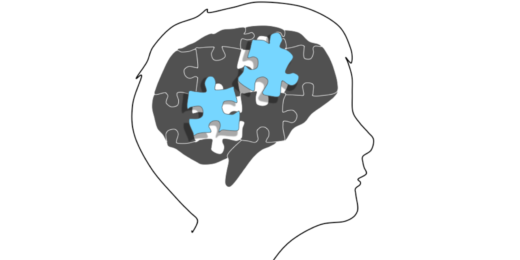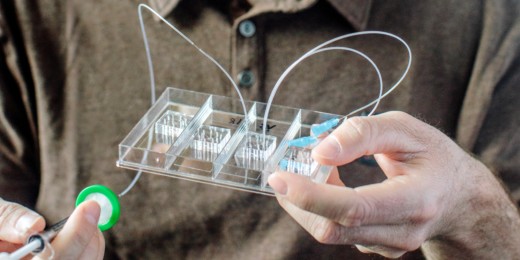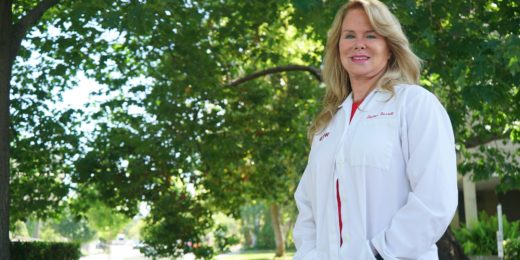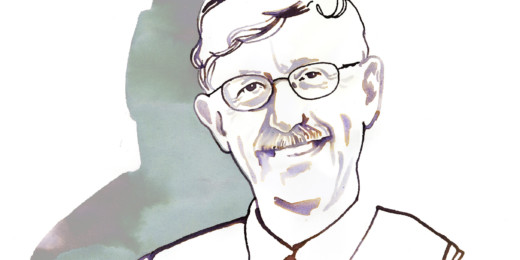This In the Spotlight features Sheun "Shay" Aluko, a fourth-year medical student with a weakness for public piano playing.
Month: July 2019
Fish sleep like us, new research has found
Researchers find that neural sleep patterns in fish are analogous to those in mammals, paving ways to develop sleep medication.
Life in a lab: A researcher’s passion for teaching
Dail Chapman, a postdoctoral scholar, talks about her work in the lab and her ultimate plans to teach science at a liberal arts college.
A possible first step toward treating vertigo
Stanford researchers regenerate ear hair cells in mice -- the first time it's been achieved in mature mammals -- with implications for treating vertigo.
Getting the words out: Help for kids who stutter
Stuttering is a common problem in preschoolers whose brains are going through the "language explosion." If it persists, evidence-based treatment can help.
Breathing: A reflection on living with asthma
In an excerpt from a piece that originally appeared in Months to Years, writer Dawn Newton looks back on a childhood with severe asthma.
Researchers harness basic and bizarre science to inform human biology and disease
Hundreds of Stanford scientists are studying what makes biology tick, from obscure molecular structures in the malaria parasite to flower-shaped sea squirts.
New hope for treating childhood brain cancer
On Stanford Radio's The Future of Everything, neurooncologist Michelle Monje discussed developments in the treatment of brain cancer in children.
Sports stats may help cancer clinicians predict outcomes
Stanford clinicians take their cue from sports and election predictions to calculate an "in-game probability" of success when treating cancer patients.
Life in a lab: From mechanical engineering to neuroscience
Grad student Adam Nekimken develops tiny mechanical devices to help researchers touch their worms in more controlled ways. Here, he talks about his path to this work.
Simplified analysis could lead to improved prosthetics, a Stanford study suggests
Stanford researchers develop a simplified method for decoding electrical activity in the brain, which could lead in the future to improved prosthetics.
Glitter and guns: A Stanford doctor’s life in the disaster zone
Stanford physician Barbie Barrett has had a long career in emergency and disaster medicine; she discusses it here.
A closer look at the ‘proactive, precise and personalized care’ of Humanwide
In initial feedback, patients and providers favored the precision health approach to primary care demonstrated in Stanford Medicine's Humanwide pilot.
Rethinking aspirin for prevention: New studies suggest more limited use
A team of Stanford physicians explains why research has found that taking aspirin to prevent cardiovascular disease may be riskier than previously thought.
Muting an inflammatory loudspeaker on immune cells shrinks acute stroke damage
Selectively subduing a set of cells that migrate to the brain after a stroke occurs could meaningfully treat the stroke even days later.
“Show me some data”: Francis Collins discusses life at the helm of the NIH
In a new interview, NIH director Francis Collins talks about his love of science, congressional expectations for his agency, and the importance of basic biological research.


